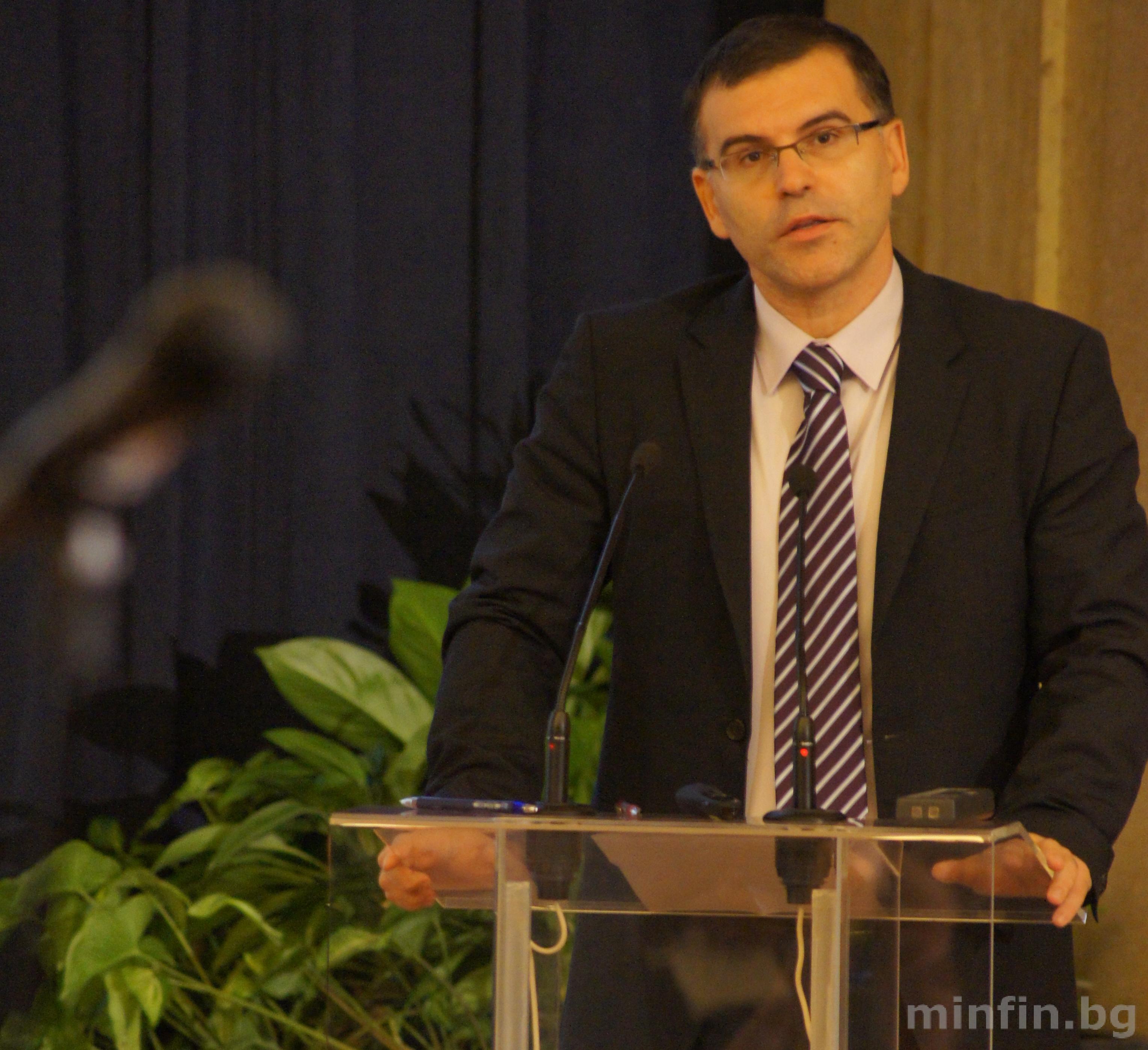SIMEON DJANKOV: REACHING THE EUROPEAN AVERAGE LEVELS OF INCOME, THE DEMOGRAPHIC ISSUE AND THE ENERGY INDEPENDENCE ARE THE THREE BIGGEST CHALLENGES BEFORE BULGARIA

15.11.2012
\"Reaching the European average levels of income, the demographic issue and the energy independence are the three biggest challenges that Bulgaria will face in the next 5 to 10 years\". Deputy Prime Minister and Minister of Finance Simeon Djankov said this during the presentation of the World Bank report \"The golden growth of Bulgaria: What has been achieved in the last 20+ years and what are the challenges and the possibilities for Bulgaria\'s future growth?\" According to the Finance Minister, income expectations resulting from the EU membership have influenced the political decisions and lead to a delay of reforms. There is no state that has ever reached the levels of income of Western Europe in five years, he said. Annual productivity growth is the key to reaching the European average levels of payment, emphasized Mr. Djankov.
The demographic profile is put to pressure by the ageing of the population, the emigration of young people and the lack of possibilities for elderly people to work after they have retired, said the Finance Minister and added that fighting bad demography is a struggle for jobs. The third challenge that Simeon Djankov sees in the medium term is energy dependence which can be political and economic. Economic dependence is based on the principle of energy efficiency and reduced energy consumption in households and manufacturing, added the Deputy Prime Minister.
The survey of Bulgaria\'s golden growth is made on the occasion of the 20th anniversary of partnership between the World Bank Group and Bulgaria. During the presentation of the report, the World Bank Country Director for Central Europe and the Baltic Countries Peter Harold acknowledged Bulgaria\'s achievements in the last two decades, including the macroeconomic stability which is of utmost importance in today\'s insecure economic times. \"The target of equalizing the standard of living in Europe in the next 20 years seems quite achievable, if employing the appropriate policies and investing EU grant schemes in public infrastructure\", he said.
Mr. Harold pointed out that our country was facing an extremely serious demographic problem. Whereas active labour force in the richer EU states and Northern America increases, it falls off sharply in Bulgaria and is expected to contract by 45% in 50 years. Ageing of the population and labour force reduction will result in an upsurge of state financial expenditure for social security and healthcare and for maintaining the pension system, Peter Harold said.